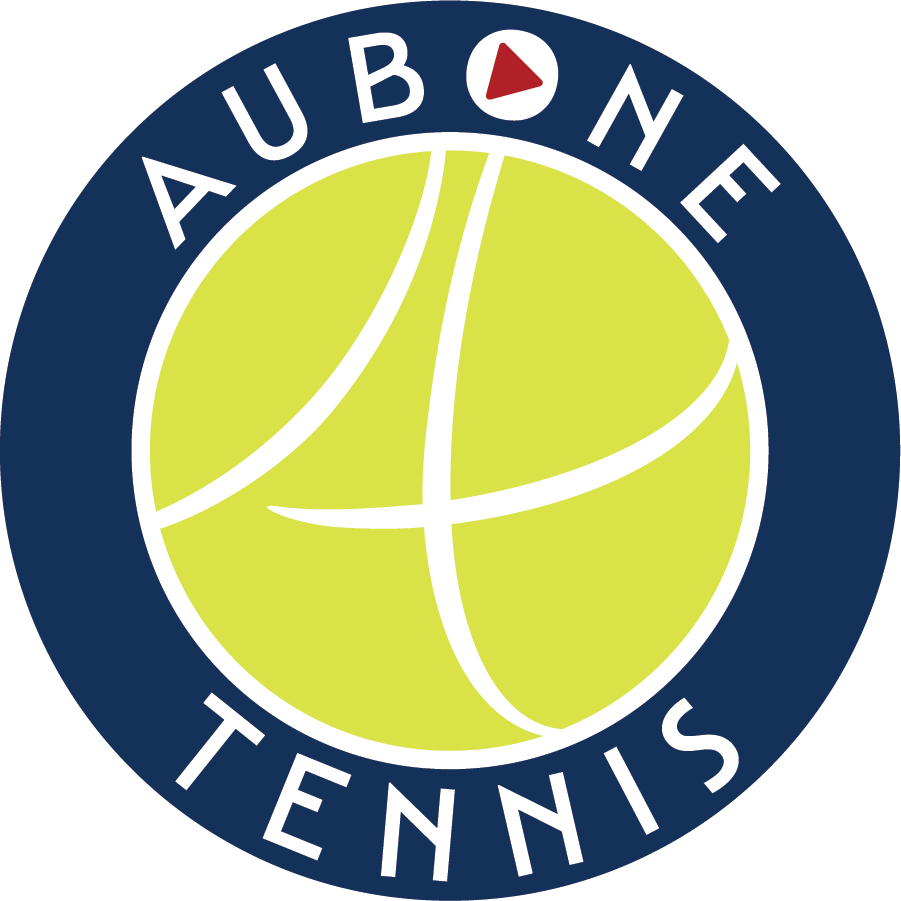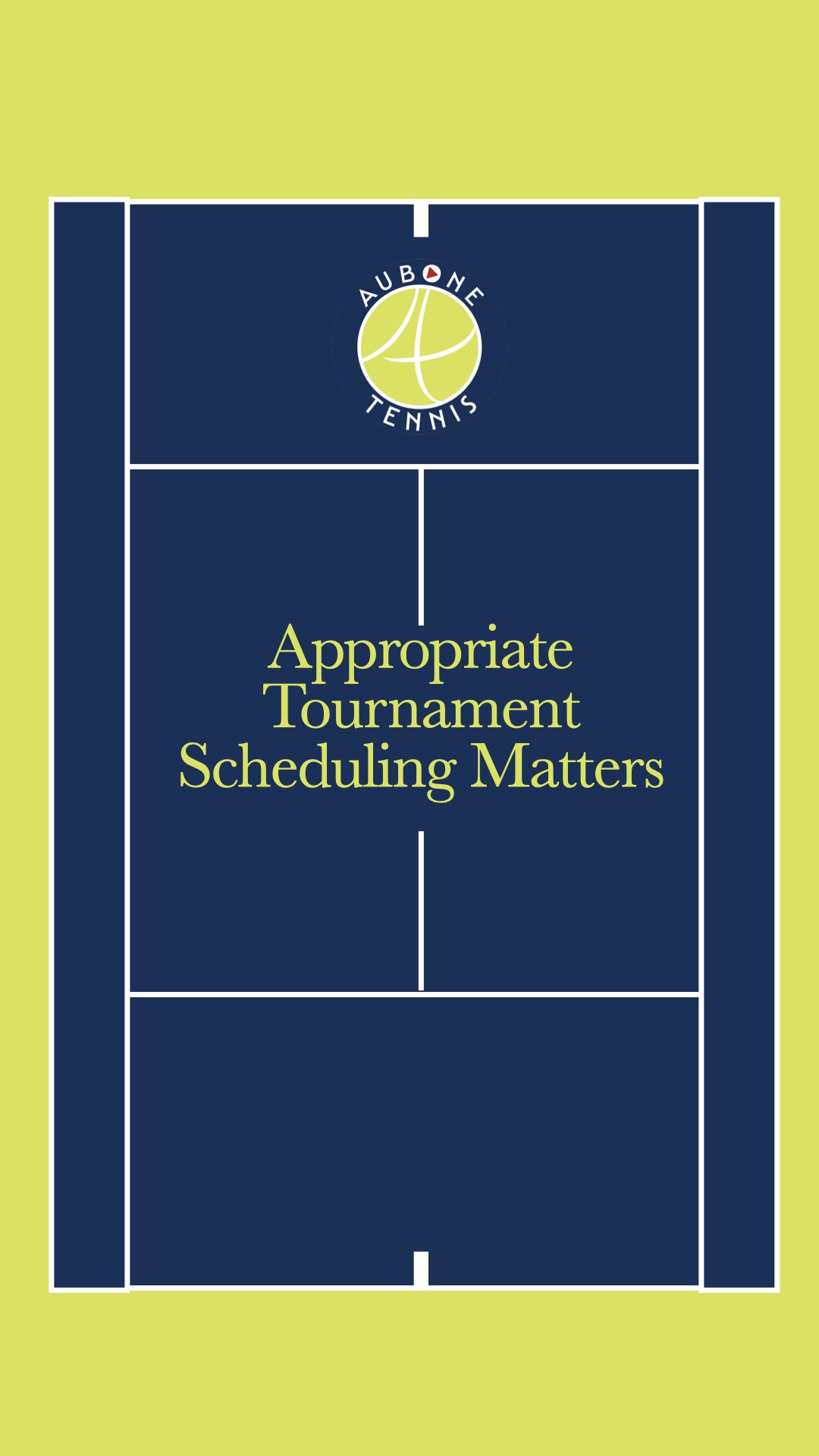Subscribe Now!
Subscribe now to get these blogs delivered directly to your inbox. You’ll also receive free access to the special updates page where I’ll be sharing my experience being a coach on the ATP Tour.
How to Choose the Perfect College Tennis Team: Tips for Junior Players & Parents
Where are you going to spend the next four years of your tennis journey?
It’s exciting, but let’s not sugarcoat it—this decision can be overwhelming. Hundreds of schools. Different divisions. Cities you’ve never even heard of. How do you decide?
Here’s the secret: ask the following questions early.
How to Deal with Cheating in Junior Tennis
Bad line calls in junior tennis are an unfortunate but common occurrence. Whether it’s an intentional bad line call or an honest mistake, dealing with it can be frustrating for players and parents. In this blog, we’ll cover strategies for addressing cheating in a way that fosters fairness, personal growth, sportsmanship, and a healthier experience.
The Sportsmanship Every Junior Tennis Player Needs to See
In sports, results takes center stage, and highlights focus on flashy moments. Sportsmanship is usualy mentioned when rules are broken or fights occur. If winning and controversy get all the attention, how can we teach kids that character matters most? Yosuke Watanuki recently gave us a prime example of sportsmanship that every young athlete should see.
Coaches Should Be at the L6’s & 7’s before the L1’s
Every tournament I go to, I look around to see if there are any other coaches, and unfortunately, a consistent theme is present. The work starts at the bottom, and some coaches seem to be forgetting that.
How I Would Structure a High Performance Player’s Training Week Leading Into a Tournament
When it comes to planning your training week, whether you’re playing a tournament on the upcoming weekend or not should always be taken into account. It will affect how much you practice, how much strength & conditioning you do, how many sets you play, how much time you spend on technical work, and how much time you spend drilling.
Why taking your child to a collegiate or pro event can be a game changer
If you can’t see these things in person, it’s hard to get inspired by them. It’s hard to feel the magic. It’s hard to feel the crowd come alive. It’s a completely different feeling to see a 145mph serve in person come off of Isner’s racquet. To hear the sound of Juan Martin Del Potro’s forehand as it connects with the center of his strings.
How important is it to train with higher level players?
This blog was a difficult one to write, so I will be directing you to the podcast instead. Answering this question is straight forward, but finding that type of environment is difficult. There will always be a higher level training group so at some point, a coach has to say no, they can’t move you up. So here are the main points of the podcast, and I encourage you to watch or listen to the podcast to get all of the details behind my thoughts:
My Dream Junior Tennis Training Setup
This is all just my personal preference. I’ve spent some time training at many different places. At the end of the day, I think this type of environment will best help a junior develop into a great tennis player, while having a great experience. Unfortunately, it’s hard to find our unicorn, but we can sure get close!
No More 1-Day a Week Private Lessons for Me at the High Performance Level
It’s not that I don’t believe kids should get private work in with a coach. On the contrary, they need to get as much of that as they can.
How Does the New World Tennis Number (WTN) Affect Junior Players & Parents?
They just came up with a “better algorithm” where you can still lose a close match and move up, and win a close match and move down.
3 Things I Took Away Watching the Junior L3
It’s one thing to see a player play one match. It’s another to see how they handle different scenarios on back to back days. That’s where you really get to know the player. But in regards to the overall tournament, when the juniors I was responsible for weren’t competing, I was watching everyone else and learning. These were the 3 most important things I took away from the event:
How to Improve Your UTR
This blog reveals the fastest, most efficient way to improve your UTR dramatically! Nothing we want comes easy though so prepare yourself.
The difficult balance of focusing on the long term while giving 100% right now
For that to happen, to be completely focused on every little detail, an athlete has to care about the immediate present as if it’s the most important thing in the world. Mentally. Physically. And emotionally. Only when you care that much about the present can you be 100% focused.
Appropriate Tournament Scheduling Matters
If someone’s tournament schedule isn’t handled appropriately, they won’t be prepared to play well. And if they don’t know what constitutes an appropriate tournament schedule, they’ll incorrectly have high expectations going into an event. They’ll be all excited as they’re playing their first tournament in a while. They’ve practiced a lot. They think they’re ready to compete!
And then boom!
They experience nerves under pressure for the first time in weeks.
Stop Complaining About International Players On Collegiate Teams
We need to get back to our roots. The roots that made us known for being the hardest working people on the planet. The roots that taught us that if we wanted something, we went to work for it. And if we worked for it, we could accomplish whatever we wanted. The American Dream.
Stop Looking At The Draw
“Most of our fears and most of our anxieties don’t exist in the present.”
There is zero upside to looking at the draw, and immense downside.
High Performance Junior Tennis is a FAMILY Commitment
We ask the kids to commit to do whatever it takes, but we never ask the parents to do the same.
How to Behave During Your Child’s Tennis Match
“Albert Mehrabian created the 7-38-55 rule. That is, only 7 percent of a message is based on the words while 38 percent comes from the tone of voice and 55 percent from the speaker’s body language and face.” Chris Voss - Never Split The Difference
7 Things A Junior Tennis Player’s Environment Must Have to Make it to Division 1 Without Homeschooling
“Does my child need to homeschool to make it to division 1 collegiate tennis?” - Junior Tennis Parent
No.
But the things home school programs offer must be done some how and this is where a lot of after school programs fail.
Parents Need Coaching Too
And since most coaches don’t go to any junior tournaments (we all know how I feel about that), the parent are the first and last person the player is going to talk to. They need to be prepared to handle the pre and post match situations. And how they handle those situations can make things better or worse for their child.




















